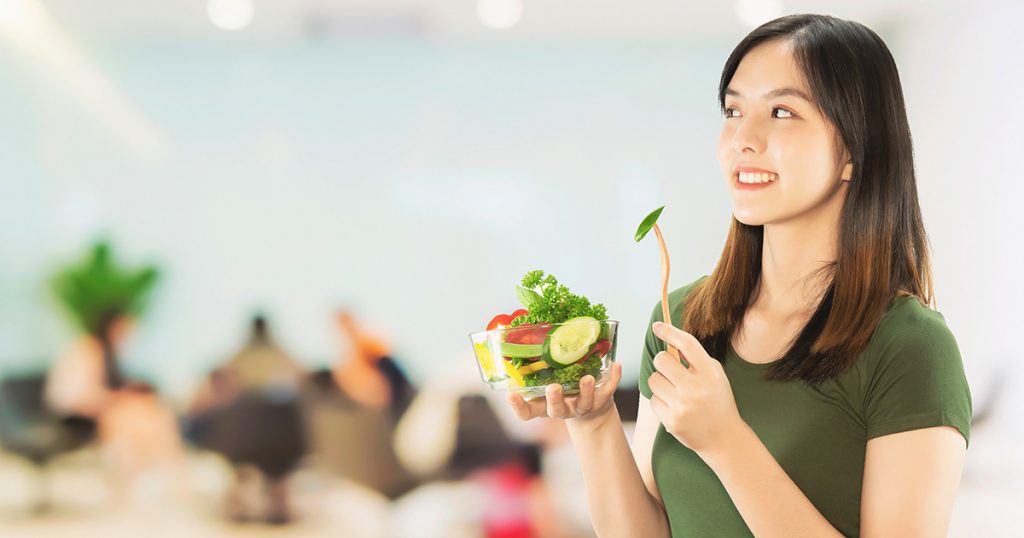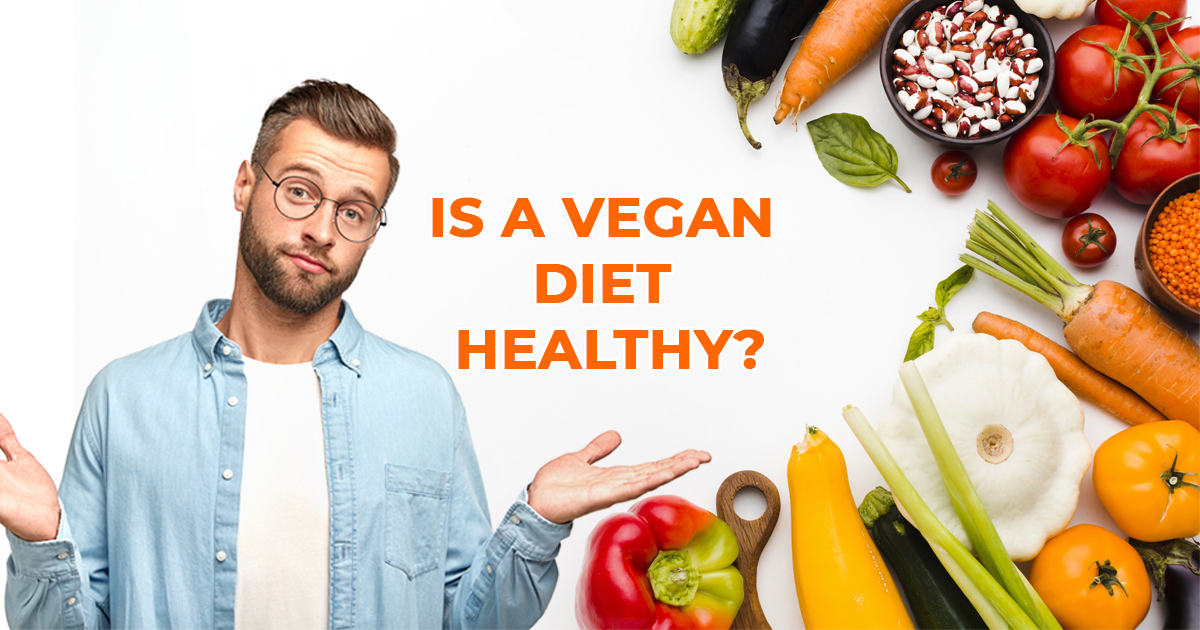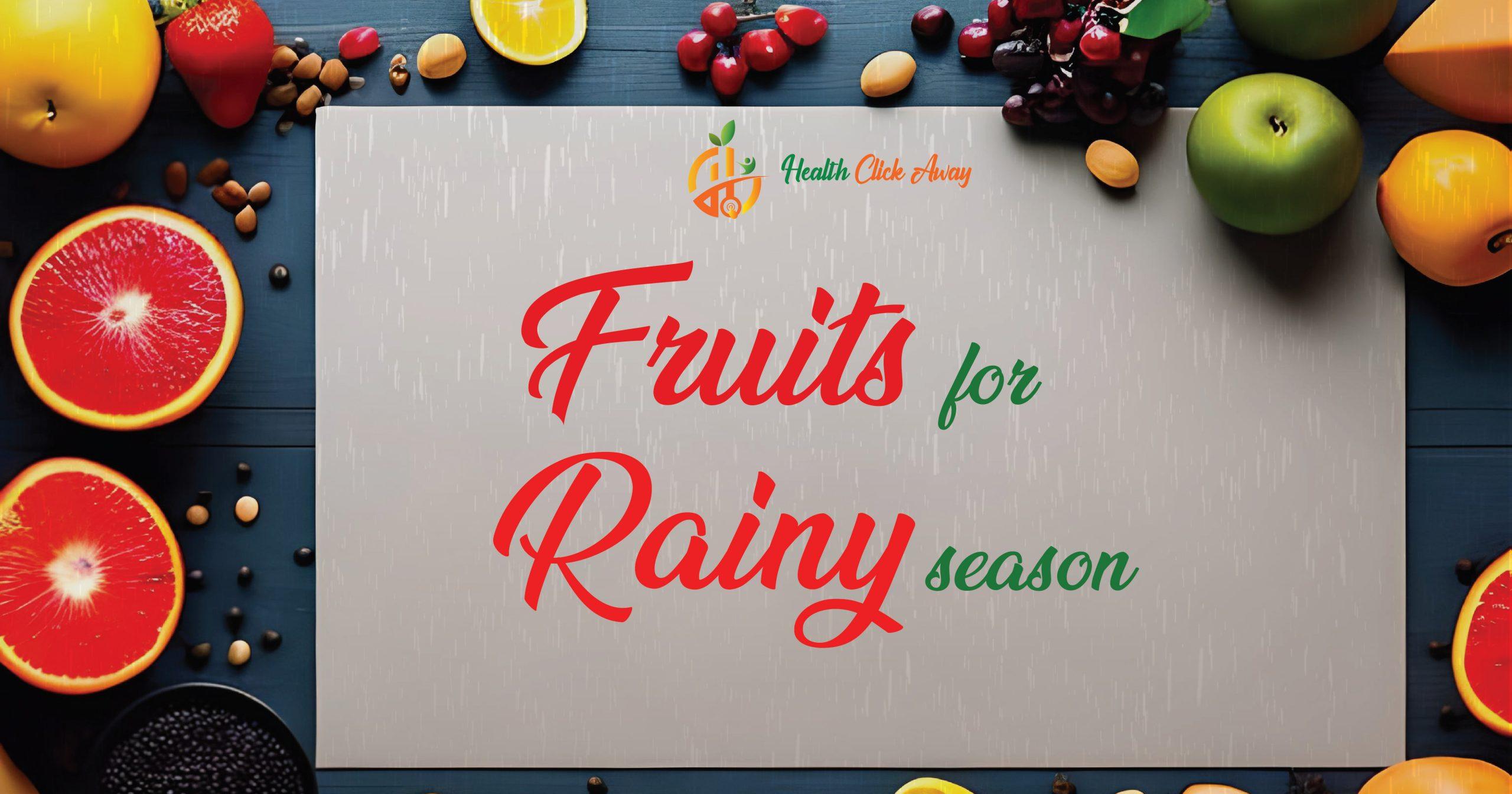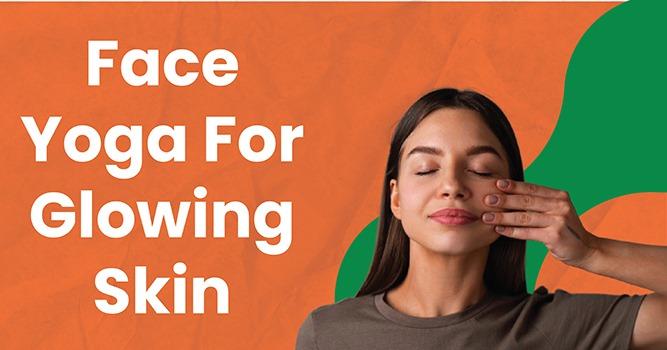
Vegan Diet is characterized as a diet which involves consuming only plant-based foods and avoids all animal products. The aim is to eliminate all kinds of animal products like meat, dairy, eggs, some even avoid eating honey and avoid clothes and other products that use or contain animal parts. The main reason behind vegan diet is to avoid animal abuse and cruelty, whether it is for food, clothing or other purposes. Many people who avoid meat products are doing so for the sake of animals and for the environment. And many people are beginning to learn more about the adverse health effects of meat and the benefits of eating a plant-focused diet.
The main difference between vegetarian and vegan is that vegetarians do not eat meat but they do consume dairy products, some even consume eggs or both whereas vegan diet excludes all the products with animal based ingredients. Vegan diets include plenty of fruits, vegetables, beans, nuts, and seeds, whole grains, alternatives for milk like coconut, soy and almond milk, and vegetable oil. Eating a variety of these foods will provide a wide range of important vitamins, minerals, healthful fats and protein. They avoid all types of animal meat, milk and milk related products, mayonnaise and some even avoid honey. People who usually go for vegan diet need to take care of some key nutrients like iron, protein, calcium, vit B12 and vit D.

Studies show that vegan diets have lower the risk of premature death while red and refined meats raise the risk of colorectal cancer. Usually, Australian diets are high in meat and low in vegetables and legumes. Vegan diets improve heart health and lower the risk of high cholesterol, and high blood pressure . Reduce the risk of diabetes and some kinds of cancer , especially cancer of the GI tract and the breast, ovaries , and uterus in women.
Veganism makes meeting nutrient requirements, including eggs, milk, cheese, and yoghurt through simple calcium-fortified plant alternatives like soy milk, fortified milk, tofu, sesame seeds, ragi grain, broccoli, kale, almonds. A vegan diet is the most environmentally friendly one! 197 lbs of meat is eaten by the average meat eater, which comes at a massive environmental expense. Simply put, eating meat consumes plenty of natural resources. With increased intake of delicious plant-based foods (including a larger type of vegetables, fruits and grains), meals can be extremely delicious as well as nutritious too. For protein you can include plant based protein like spirulina, moringa. Nuts, beans, soy, quinoa. For healthy fats include seeds (flaxseeds, vegetable oil and nuts ) and for iron include green leafy vegetables tofu, soy, nuts , spinach, fortified cereals. One nutrient that’s impossible to get from plant sources alone is vitamin B12, which your body uses to make red blood cells and DNA. You’ll only find B12 in animal products and therefore, you may need a supplement to make up for what you don’t get from your diet.

Keep in mind that a vegan diet is only as healthy as you make it. Products like “vegan” ice cream, cookies, and candy are tempting, but you don’t overdo it because any high-fat and processed foods and increase in portion sizes, will increase your weight and can end up with the same health problems that you’d have on a meat-based diet.
Health is built regularly by making healthier and better food choices. At Health Click Away, we provide you easy and nutritious recipes. The meal plans are exclusively made by our well qualified coaches and nutritionists. Download our app and Join our community to move a step closer to your health goal now!



